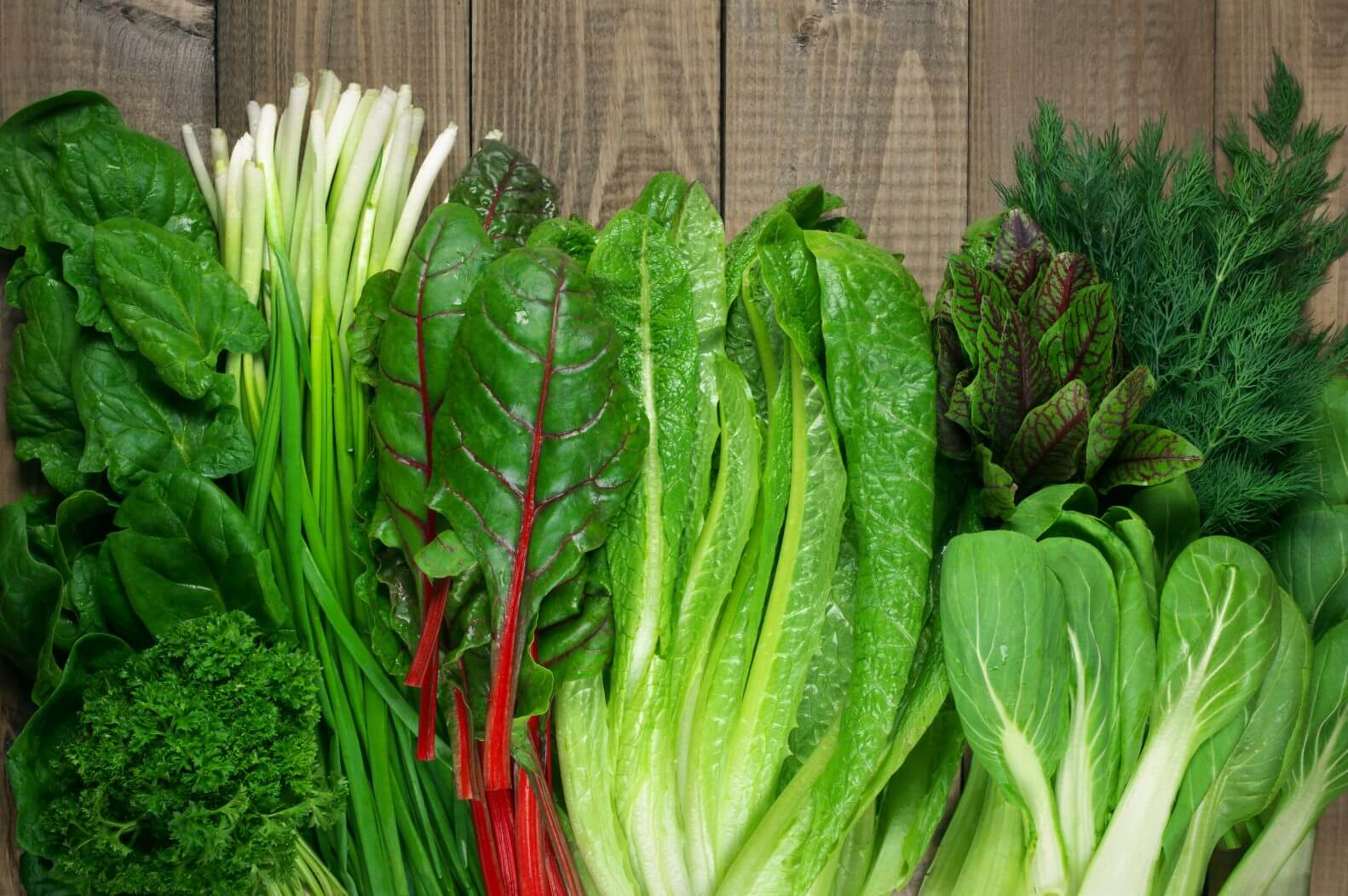By far the most common internal medicine issue that people come to me with is gastrointestinal problems. Whether it’s changes in bowel movements like constipation/diarrhea, or gas/bloating/abdominal discomfort, abdominal distension, heartburn, indigestion…it’s so common. It’s an extremely common category of problems.
And it’s very uncomfortable for people experiencing these issues. We’ve talked many times before about how the health of the gut very much dictates the health of the rest of the body. So it’s really key to get this right and to help people to improve their gastrointestinal function. There’s lots of things to consider. Oftentimes we have to run lab tests to better understand what’s going on with an individual. But I’ve never helped somebody with their gastrointestinal tract without changing something about their diet.
This should be obvious, because the foods we consume drag through the gastrointestinal tract every single day. It’s just obvious that the place to start is looking at people’s diets.
And we could discover a variety of things. They could have a food sensitivity. We’ve done food sensitivity testing to find out whether some type of food is causing inflammation and/or immune system activation, which can precipitate a whole cascade of issues in their gastrointestinal tract.
Or there could be other things in their diet, more general things, that we know are a problem for the majority of people, and that we’d like to across-the-board eliminate from people’s diets. On the other hand, there are different things that we want to across-the-board introduce into their diet. And these two goals are actually very simple.
For most people we usually need to encourage them to eliminate sugar, whether in the form of sugar-sweetened beverages or eating too many sweets like ice cream, cookies, chips and candy bars. Things like that. Or the culprit could be refined, processed grain products. Think of refined crackers and chips, pastries, cookies, and cakes. Even certain types of breads and pastas, any grains that are highly refined and processed. In fact, in dietary study there’s a term for these kinds of foods: “ultra-processed.”
What happens with ultra-processed foods is that during production, they’re completely stripping the grain of fiber, fat, and protein so that you’re pretty much left with just a very carbohydrate-rich flour that, frankly, the body is just not designed to live on. Not without some fat, protein and fiber right there along with it.
-Dr Chad Larson
Vegetables, on the other hand, have a lot of carbohydrate in them, but it’s trapped in a fibrous matrix. This fibrous matrix completely changes the way the gastrointestinal tract responds to these kinds of foods. So, it’s not simply an anti-carbohydrate thing. It’s about the type of carbohydrate and how that carbohydrate is being introduced into the system. And so that’s what we aim to add back in: the vegetables.
So from a carbohydrate standpoint, we’re often just changing out the source of the carbohydrates. Yet, vegetables add so much more than just a certain type of carbohydrate. They are loaded with all kinds of nutrients. Things like vitamins and minerals (e.g. magnesium which is fantastic for the gastrointestinal tract), but also other things like phytonutrients, which we’ve talked about in the past. These things aren’t generally as well-known, but phytonutrients are packed into vegetables. In fact, the only place that we can get phytonutrients is in our produce, in fruits and vegetables.
So we need to consume plenty of these, get them into our system, and reap all the fantastic benefits that these foods and nutrients give us. These are the things that, straight across the board, everybody really needs to increase in their diet. The vast majority of the time, this is the case when I’m helping somebody with a gastrointestinal problem
So we really need to take out the sugars and sweets and the ultra-processed grains. Just to reiterate, it’s typically in ultra-processed form that most people are consuming these grain-based foods in. Very rarely are people actually eating whole grains. It’s almost always in an ultra-processed form.
There has been just a ridiculous amount of clinical research published in top-tier journals that helps us to understand the really negative impact these foods have on the gastrointestinal tract. And then at the same time, we want to incorporate vegetables which offer such a great variety of nutrients that are really reparative and supportive to gastrointestinal function.
Sometimes it’s difficult for people to get a great variety of high quality organic vegetables as their source of this nutrition. That’s when they can use a supplement for support as they’re transitioning and learning what they need to do to get these kinds of foods. We can supplement with a greens superfood product. My favorite such product is called NewGreens. It comes in three different flavors: classic (kind of the way nature intended), berry, and a mint-lemon flavor which is probably my favorite.
Plus, they’re all organic. These all offer a variety of vegetable nutrition that is very difficult to get on your own just by going to the store. But that’s the idea with these supplements. Quality really matters when it comes to support of the gastrointestinal tract.
Most of the greens products that you’ll find are basically juiced vegetables that are then dehydrated under very high heat. This kind of processing really changes the nutrient profile as well as the flavor profile of the drink. It kind of wipes out all the good stuff that we really want you to get.
By contrast, NewGreens is made of freeze-dried and sprouted ingredients, which totally maintains the nutrient level, the enzyme level, and the flavor profile as if you were consuming the actual whole food. I can’t really think of any other greens supplement that can make the claim that it’s totally freeze-dried and sprouted. And oh by the way, it’s organic and grown by farmers right here in the U.S. So it’s also supporting U.S. organic farmers.
From a patient perspective, this is a really great way to supplement and increase and boost your nutrient intake. Even if you already have a pretty decent amount of vegetables in your diet, NewGreens is a really great boost. Or maybe you want to do some intermittent fasting but you don’t want to cut out nutrition. This is a very low-calorie, nutrient-dense way to really infuse your body with these fantastic nutrients.
So, NewGreens. I’m recommending it to most of my patients who have some kind of gastrointestinal issue. It’s just a great source of nutrients to support the gastrointestinal tract as we’re working on repairing it and getting the inflammation down and restoring healthy function. If you’ve had GI issues or are currently dealing with them, this really should be part of your protocol.
They come in a few flavors for you to try and you’ll probably like them all. They taste really good because they are freeze dried, so they maintain their natural flavor profile. And a couple of them have some all-natural flavor support ingredients to make them even more palatable. They’re really easy to drink; they’re delicious. I think you’ll like it, so try it out.
Gastrointestinal issues are just so common, and I really encourage you to prioritize helping your gut function as much as you can.
So, I will keep reading the studies and bringing you the information. Until then, keep it real.
Learn More About the Benefits of NewGreens + Get FREE Shipping
Recommended ProductS:
https://dev.pureprescriptions.com/product/newgreens-classic/
https://dev.pureprescriptions.com/product/newgreens-minted/
https://dev.pureprescriptions.com/product/newgreens-superberry/







